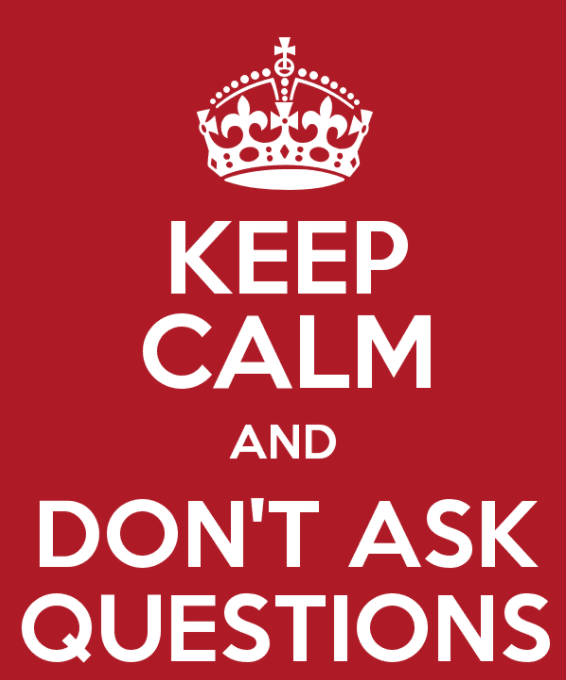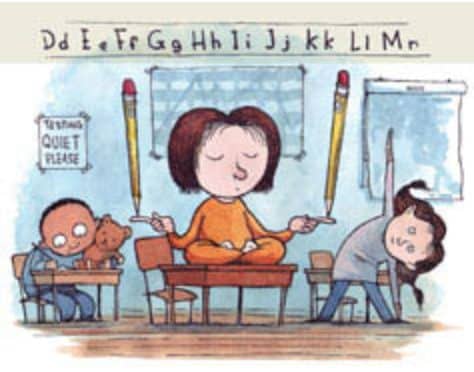The 4 Rules Of Handling Difficult Students

If you’re like most teachers, you’ve found that 80% of all misbehaviors in your classroom setting come from 20% of your students.
If only those difficult students were all absent or pulled from class at the same time on the same day!
Part of the fun with teaching is educating the whole student. And oftentimes teaching students that come from a very different background than yourself.
First, you have to make sure that you vary your lesson plan to make sure that you are teaching to auditory, visual, and kinesthetic learners. If you have tried to adjust your lesson plan and still haven’t found that you’re reaching students, we have Plan B.
Follow these 4 simple rules, you’ll find that Teaching is more fun. You’re more relaxed. And you can cruise through your lessons without interruption.
Hooray!
Rule #1: Don’t question, instead make statements.
It’s normal for teachers to force explanations from difficult students as a form of accountability. But asking why and demanding a response from them almost always ends in resentment. And angry students who dislike their teacher never improve their classroom behavior. Instead, make statements, tell them what you saw, or heard, and make it a teachable moment of how this goes against your school/classroom expectations.
Rule #2: Don’t argue, lecture, scold, or yell.
When you argue with difficult students, it puts them on equal footing with you, creating a “your word against theirs” situation. This negates the effects of accountability. It also opens the floodgates: everybody will be arguing with you.
Lecturing, scolding will cause all students to dislike you, but when you direct your diatribe toward one particular student, it can be especially damaging. Creating friction between you and your most challenging students virtually guarantees that their behavior will worsen.
When you yell, you lose. Period. Use what they teach CEO’s and Superintendents, if you have someone that is yelling at you, you speak quieter! That forces them to listen to you and makes it come across that you are in control.
Rule #3: Don’t lose your cool.
When you let students get under your skin and you lose emotional control, even if it’s just a sigh and an eye roll, you become less effective. Your likeability drops. Classroom tension rises. And when difficult students discover they can push your buttons, they’ll try as often as they can.
Rule #4: Don’t ignore misbehavior.
Given that there is an audience of other students, ignoring misbehavior will not make it go away. It will only make it worse. Instead, follow your classroom management plan as it’s written. If a difficult student breaks a rule, no matter how trivial, enforce it immediately.
It’s About Relationships – Don’t hold a grudge
“Every day is a new day” should be your mantra with difficult students. They need to know that they have a clean slate to start each day–and so do you. To that end, say hello, smile, and let them know you’re happy to see them first thing every morning.
What if the two or three (or more) difficult students in your classroom admired you? What if they looked up to you, respected you, trusted you, and liked being in your company?
What if they embraced whatever you had to say to them?
Your success in helping them change their behavior would go through the roof, and you’d have peace in your classroom. The fact is, everything hinges on your ability to build relationships with your students.
Your classroom management plan merely nudges them in the right direction. Done correctly, it gets students to look inward, to self-evaluate, and to feel the weight of their transgressions. But by itself, it can only do so much.
It’s your relationship with your students that makes the greatest difference.
When you build a trusting rapport with them, you then possess a tidal wave of influence that can change their behavior, improve their academic performance, and profoundly impact their lives.




